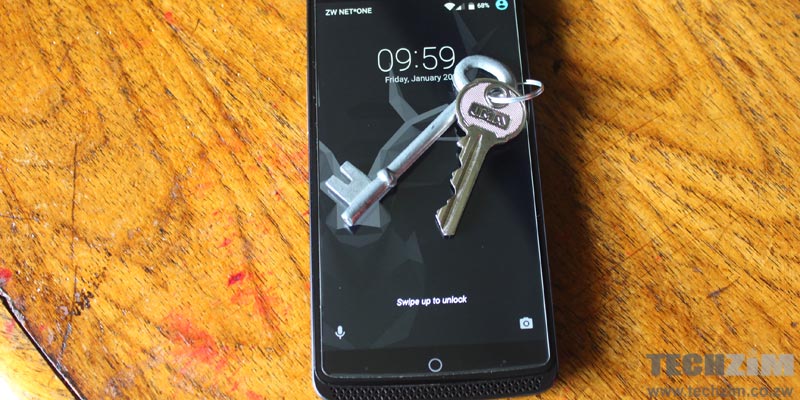So over the past week VPNs suddenly became the must-have applications for Zimbos. In fact, VPN searches from our country spiked by over 1560% because of the government’s illegal move to shutdown social media in the face of protests. In the midst of all that, it’s a bit irritating when one stumbles upon a report that the VPNs we were turning to in our time of need may, in fact, be harbouring malware along with there being the potential of having your data leaked by using these apps.
The worst things in life come free to us…
Top10VPN – who have made it their speciality to know about the ins-and-outs of everything to do with VPNs made a report analysing 150 free (& quite popular) VPN apps on Android and their findings were quite startling, to say the least.
The Free VPN Risk Index takes a look at 4 main categories as their red flags and these are; Risky Permissions, DNS Leaks, Risky Functions and Virus/Malware. Top10 VPN also tests for effective encryption. Some extremely popular VPNs that were being passed around last week such as Psiphon Pro, Turbo VPN and Super VPN all ticked multiple boxes on this list of red flags. Fortunately none of the above were flagged for malware but Turbo VPN and Super VPN were all flagged for DNS Leaks whilst Psiphon Pro was flagged for Risky Permissions.
Of the 150 most popular free VPN apps tested on Android, 25% were said to “fail to protect user privacy due to DNS and other leaks” whilst “85% feature excessive permissions with potential for privacy abuses”. 27 of the 150 tested apps returned positive matches when scanned for potential viruses or malware.
It’s free for a reason
These are free products and there is always a price to pay with freebies and that should be something you keep in mind whenever you’re taking the free thing over a paid alternative. There are always risks that come with the free choices.
So what can be done?
In terms of whether or not you should keep using these Free VPNs, I use Shadowsocks which is not a VPN but kind of works like a VPN. What is it? Well, according to the developers, it’s a “high-performance cross-platform secured socks5 proxy” that will help you browse the internet privately and securely. Since it’s not a VPN it wasn’t tested for all these things but what I can say is it asks for less permission than Psiphon Prop which I also had installed on my phone. That gives me a bit of confidence.

One response
you could be right cz my twitter keeps logging me out and saying there is suspicious activity going on.